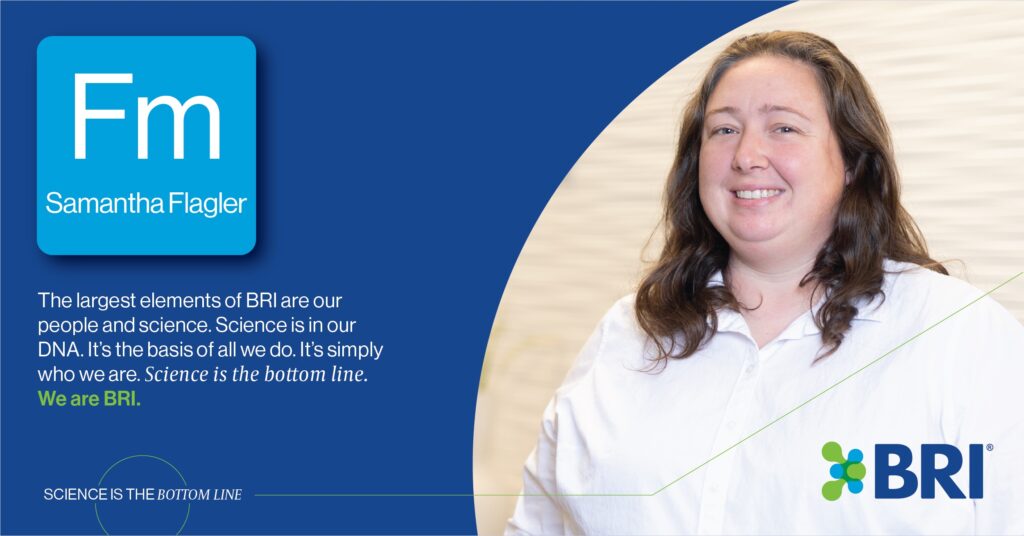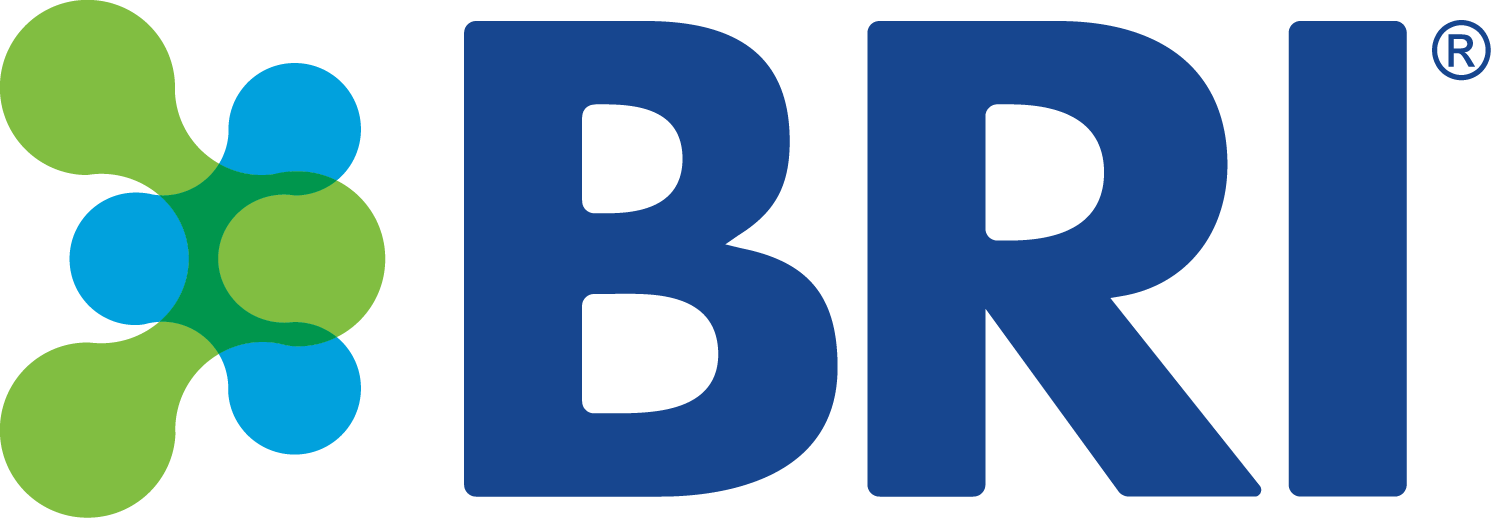 You can’t move forward in life without acknowledging the science around you. Big and small, everything started in some realm of science. From the bread and sugar at the supermarket to the 2000L bioreactor that produces bacterial enzymes, it’s all based on science. And every aspect of life will continue to become more complicated as we move forward. It’s all connected to science at some level in some way. To move forward, we need more science. Science and progress are intimately tied together.
You can’t move forward in life without acknowledging the science around you. Big and small, everything started in some realm of science. From the bread and sugar at the supermarket to the 2000L bioreactor that produces bacterial enzymes, it’s all based on science. And every aspect of life will continue to become more complicated as we move forward. It’s all connected to science at some level in some way. To move forward, we need more science. Science and progress are intimately tied together.
Discovering how things work shaped my childhood. I wanted to take things apart to understand how it worked before putting it back together again. Curiosity and mechanics extended beyond my childhood and are the foundation of my career. After serving in the military, I looked at all the options and tried a bit of everything to determine what I wanted to do next. A microbiology lab class really opened my eyes. It initially intimidated me because it was a four-hour lab, but I found that the time flew by.
I wanted a career that didn’t have all the answers and was dynamically changing. My goal was a hands-on role that allowed me to get into a flow where time passed without me realizing it. I ended up majoring in microbiology, which I didn’t realize was such a broad field until I started at North Carolina State University. Knowing I needed to steer my career to a field that would fit my interests in microbiology and mechanics, I learned about fermentation and about the science and equipment behind it, and I realized it was a good fit for me. It’s hands-on, can involve taking apart equipment and putting it back together, and has a lot of variability.
Fermentation takes constant problem-solving to figure out how things can be improved each time. It melds the mechanical aspect I missed from working on helicopters in the military and the love of microbiology I’d discovered in my long lab class. It brought everything together for me.
Over the past five years of working in fermentation, I’ve had a lot of experience working on different scales of equipment, as well as the process and development of fermentation projects, and that experience set me up for my current role as Fermentation Specialist at BRI.
Fermentation seems simple. In some ways it is, but in many ways, it’s not. The idea is simple. You put media in a bioreactor, add your organism, and it grows. But the details are what make it fascinating. We work to determine the best media and pH for each organism, figure out what amount of air or agitation gives us the results we want, all so we can reach our experiment goals. All these details must come together to make the fermentation successful.
At BRI, we take a lot of time to teach others about seeing different opportunities and concepts while working on fermentation projects and being able to execute those ideas. It goes back to everyone at BRI being involved with science in some way. Our fermentation team comes with a lot of different expertise and skills, and we bring it all together in the fermentation lab. In fermentation, you always want to be more efficient. Your team must continue to run better. The equipment needs to run better. It’s my job to make every aspect of the fermentation lab run better and make the product better for our clients. I want our equipment to be able to improve our science. And I strive to do all that with company goals in mind. I want our fermentation to be the best it can be, but also be as efficient as it can be to help keep all the gears turning.

